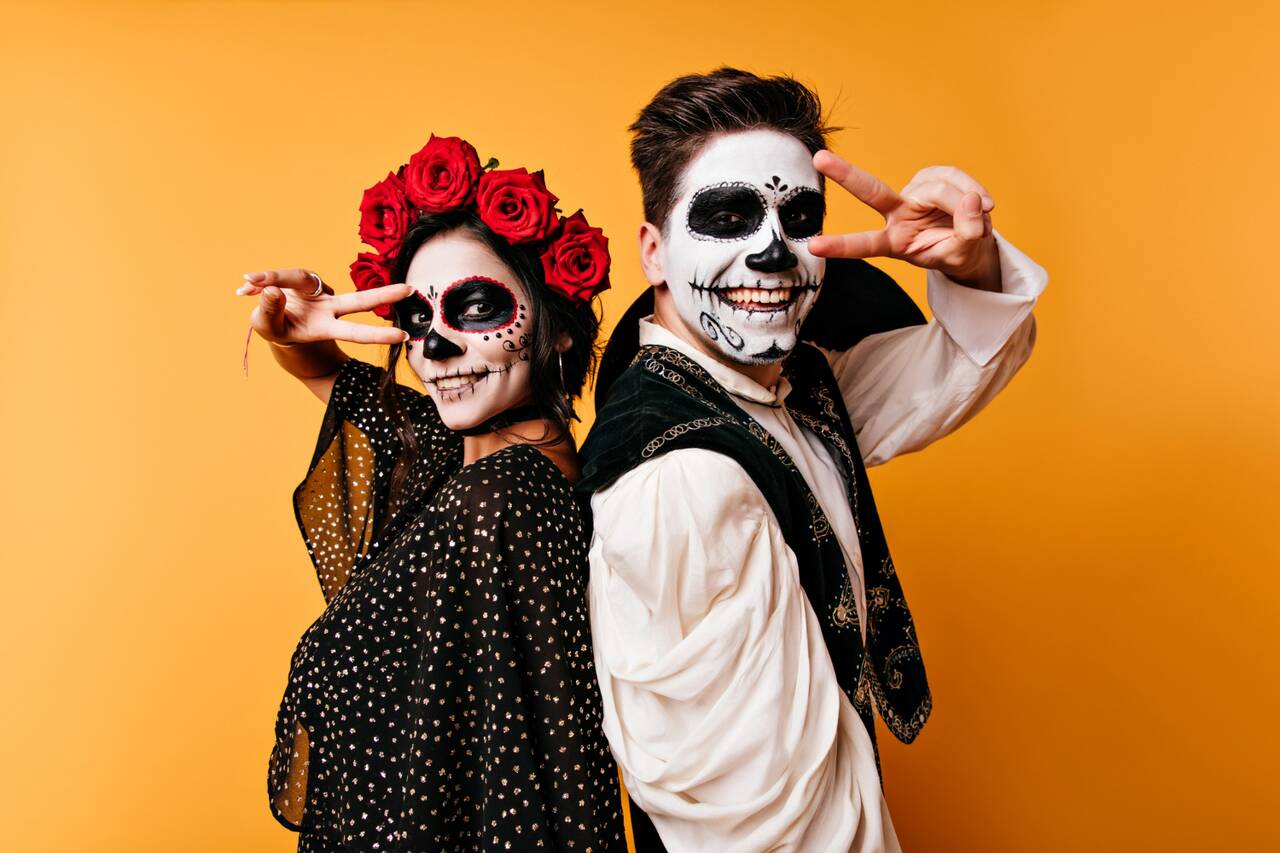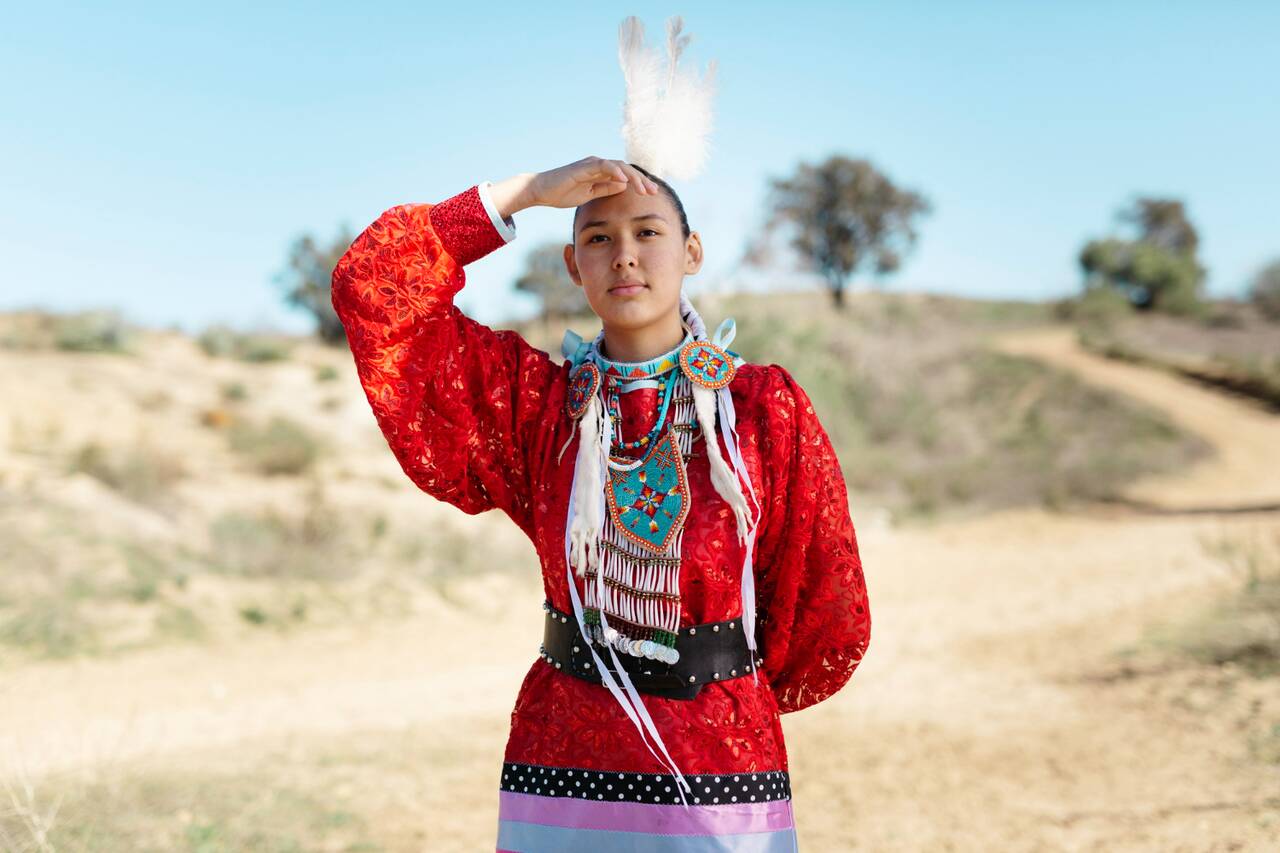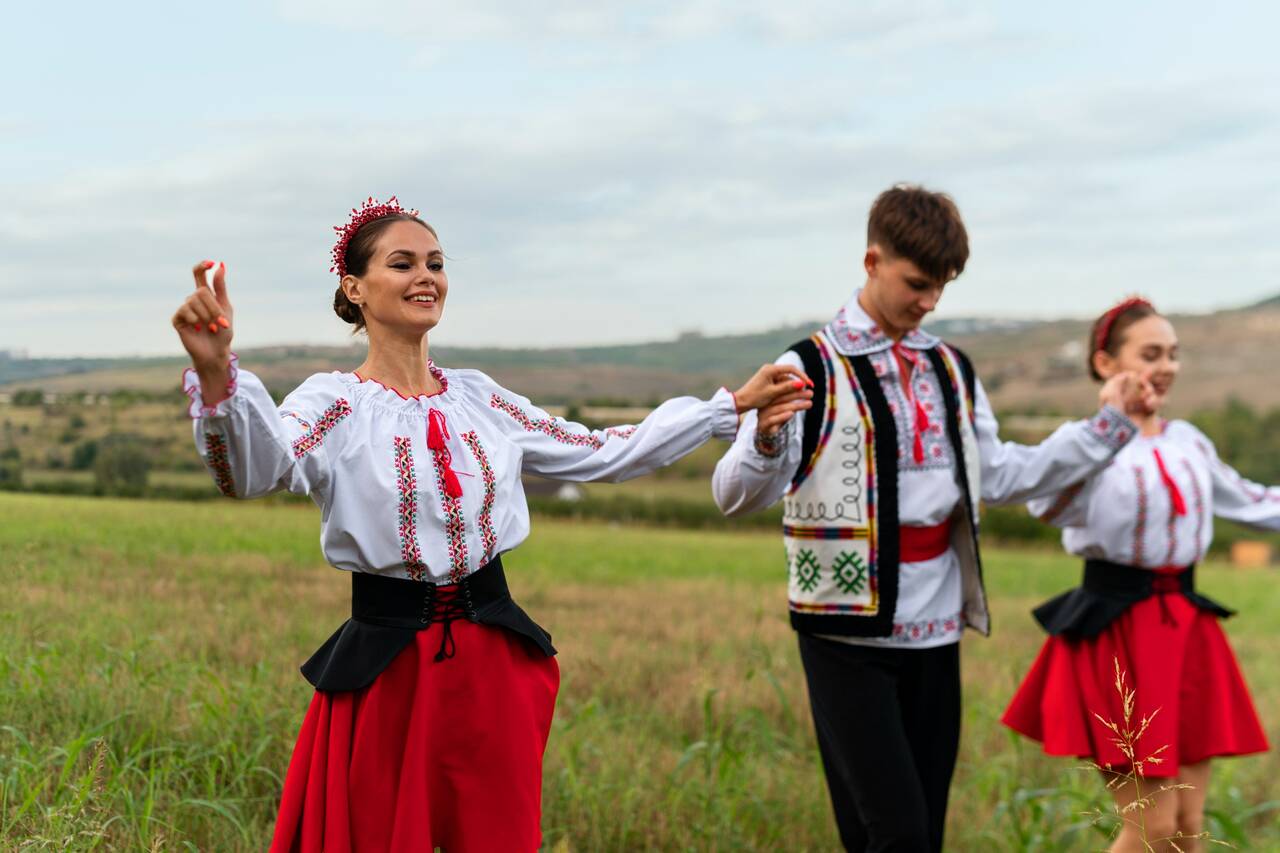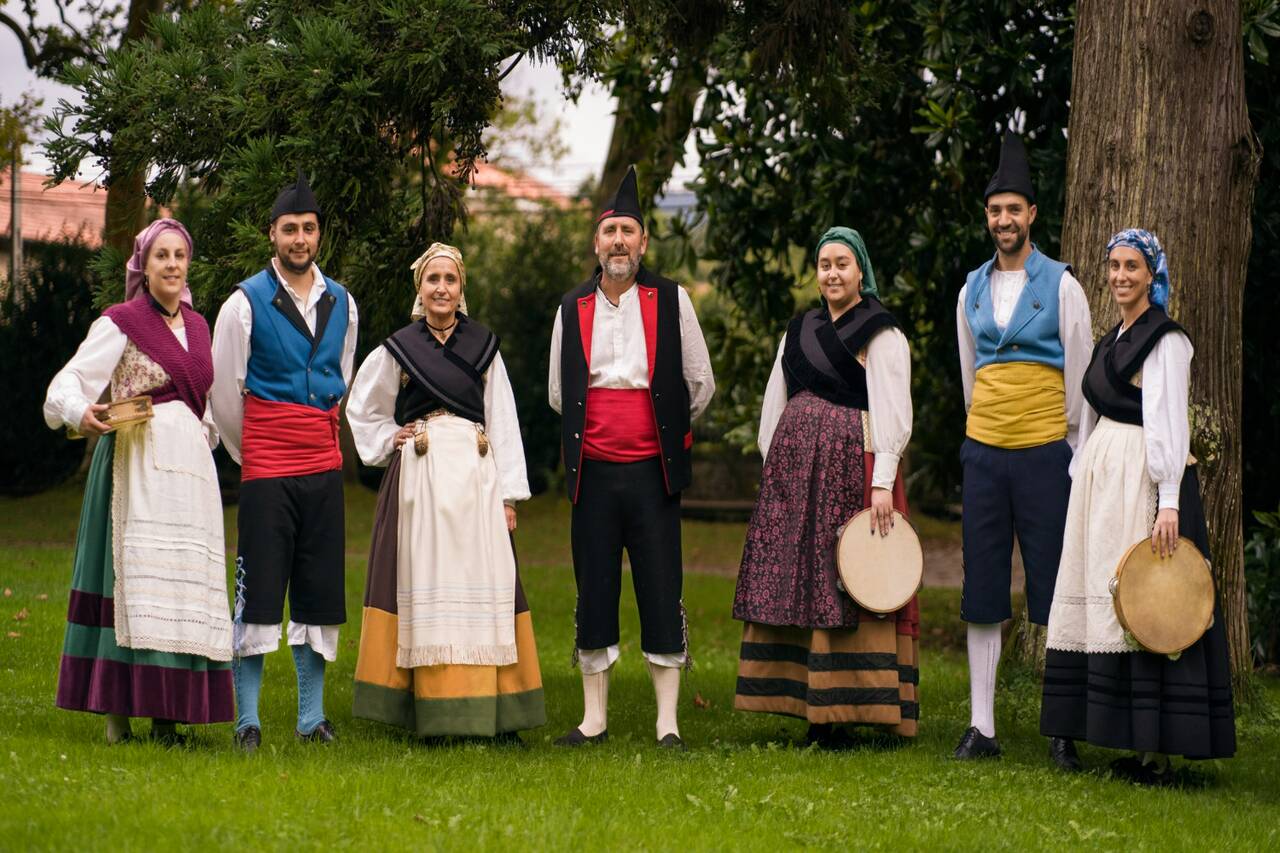
Celebrating Holidays In Spanish (Vocabulary)
DATE:
Holidays are an integral part of any culture, and Spanish-speaking countries are no exception. From the colorful and vibrant celebrations of Mexico’s Día de los Muertos to the solemn processions of Spain’s Semana Santa, Spanish-speaking countries have a rich and diverse array of holidays that reflect their unique history, culture, and traditions.
As a Spanish learner, understanding the holidays celebrated in Spanish-speaking countries can greatly enhance your language learning experience.
Not only does learning about these holidays give you insight into the culture and history of Spanish-speaking countries, but it also expands your vocabulary and helps you communicate with native Spanish speakers more effectively.
In this blog, we’ll take a closer look at some of the most important and widely celebrated holidays in Spanish-speaking countries. We’ll explore the origins and significance of each holiday, the traditional ways in which they are celebrated, and the unique customs and traditions associated with each one.
Whether you’re a beginner or an advanced Spanish learner, this blog will give you a comprehensive overview of the holidays celebrated in Spanish-speaking countries, helping you gain a deeper appreciation of the Spanish language and culture.
So grab a cup of hot chocolate or a glass of sangria, and let’s dive into the fascinating world of Spanish holidays!
Holidays In Spanish Vocabulary and Phrases
Before we get into the subject, let’s look at some important vocabulary and phrases to talk about holidays in Spanish!
|
Spanish |
English |
|---|---|
|
Casa para las fiestas |
Holiday home |
|
Complejo vacacional |
Holiday complex |
|
Día festivo de verano |
Summer bank holiday |
|
Día de la independencia |
Independence day |
|
Pasar las vacaciones |
Spend the holidays |
|
Apartamento vacacional |
Holiday apartment |
|
Ropa para las vacaciones |
Holiday clothes |
|
Día festivo de primavera |
Spring bank holiday |
|
Centro turístico |
Holiday resort |
|
Espíritu festivo |
Holiday spirit |
|
Decoraciones navideñas |
Christmas decorations |
|
Vacaciones de navidad |
Christmas holidays |
|
Viaje de vacaciones |
Holiday trip |
|
Vacaciones de semana santa |
Easter holidays |
|
Temporada alta |
High season |
|
Temporada baja |
Low season |
|
Alojamiento |
Accommodation |
|
Reserva |
Booking |
|
Paquete turístico |
Holiday package |
|
Agencia de viajes |
Travel agency |
|
Turismo |
Tourism |
|
Día festivo |
Public holiday |
Holidays In Spanish-Speaking Countries
In this article on our language academy blog, we will explore unique and characteristic holidays of Spanish-speaking countries while keeping in mind that they also celebrate traditional holidays are known worldwide, such as:
- Día de Navidad (Christmas Day)
- Noche buena (Christmas Eve)
- Noche vieja (New Year’s Eve)
- Día de San Valentín (Valentine’s Day)
- Día del padre (Father’s Day)
- Día de la madre (Mother’s Day)
- Día de la mujer (Women’s Day)
- Halloween
- Pascua (Easter).
One of the most significant holidays in Latin America is el Día de la Raza (Columbus Day), celebrated on October 12th in honor of the encounter between two cultures following the discovery of America.
This date is a moment of reflection on cultural diversity and historical richness in the Latin American region.
México
Cinco de Mayo
This national holiday is celebrated on May 5th and commemorates the Mexican army’s victory over the French at the Battle of Puebla in 1862. It is also celebrated in other Latin American countries but it is not as important as in Mexico.
Day of the Dead (Día de los Muertos)
This is a two-day celebration held on November 1st and 2nd to honor and remember deceased loved ones.
Día de la Independencia (Mexican Independence Day)
This holiday is celebrated on September 16th and marks the anniversary of Mexican declaration of independence from Spain in 1810.
Día de la Revolucion (Revolution Day)
This holiday is celebrated on the third Monday in November and commemorates the start of the Mexican Revolution in 1910.

Día de la Candelaria (Candlemas Day)
This holiday is celebrated on February 2nd and is a religious observance that marks the end of the Christmas season.
Día de Nuestra Senora de Guadalupe (Feast of Our Lady of Guadalupe)
This holiday is celebrated on December 12th and honors the Virgin Mary, who is considered the patron saint of Mexico.
Constitution Day (Día de la Constitución)
This holiday is celebrated on February 5th and commemorates the signing of Mexico’s constitution in 1917.
Benito Juarez’s Birthday (Día de Benito Juarez)
This holiday is celebrated on March 21st and honors the birthday of Benito Juarez, a former Mexican president who is considered a hero for his work in promoting democracy and justice.
Brazil
Brazil has many holidays that are unique to its culture and history. Some of the holidays celebrated only in Brazil include:
Carnaval
Carnival is celebrated in all Spanish-speaking countries, but Brazil is characterized by being the most eccentric when it comes to celebrating these dates.
In fact, it is a very tourist country for carnivals. This is a five-day celebration held annually before the Catholic observance of Lent. It is marked by parades, music, dancing, and elaborate costumes.
Tiradentes Day
This holiday is celebrated on April 21st and commemorates the anniversary of the execution of Joaquim Jose da Silva Xavier, known as Tiradentes, who was a leader in the Brazilian independence movement.

Día da Independência (Independence Day)
This holiday is celebrated on September 7th and marks the anniversary of Brazil’s independence from Portugal in 1822.
Nossa Senhora Aparecida (Our Lady of Aparecida)
This holiday is celebrated on October 12th and is a Catholic observance that honors the patron saint of Brazil.
Proclamation of the Republic
This holiday is celebrated on November 15th and marks the anniversary of Brazil’s proclamation of a republic in 1889.
Venezuela
Battle of Carabobo Day
This holiday is celebrated on June 24th and commemorates the decisive battle of the Venezuelan War of Independence, which took place on June 24, 1821.
Bolívar Day
This holiday is celebrated on July 24th and honors Simon Bolivar, the military leader who played a key role in Venezuela’s independence from Spain.
Feast of the Assumption
This holiday is celebrated on August 15th and is a Catholic observance that honors the assumption of the Virgin Mary into heaven.
Indigenous Resistance Day
This national day is celebrated on October 12th and commemorates the resistance of indigenous peoples against European colonization.

Colombia
Día de San Jose (Saint Joseph’s Day)
This holiday is celebrated on March 19th and is a Catholic observance that honors Saint Joseph, the husband of the Virgin Mary and Colombia’s patron saint.
Batalla de Boyacá (Battle of Boyaca Day)
This holiday is celebrated on August 7th and commemorates the decisive battle of the Colombian War of Independence, which took place on August 7, 1819.
Independencia de Cartagena (Independence of Cartagena Day)
This holiday is celebrated on November 11th and marks the anniversary of the city of Cartagena’s declaration of independence from Spain in 1811.
Spain
Tomatina of Buñol
This is one of the most internationally known celebrations since the so-called “Spanish festival with tomato war” is acclaimed in several continents.
It is celebrated on the last Wednesday of August, being very curious to see its pitched battle of throwing these fruits or vegetables in the town square and surrounding streets such as San Luis and Cid.
The April Fair
With its origin in 1846, it all began as a livestock fair in the Prado de San Sebastian during the month of April. This spring festival has come to expand in such a way, that it came to leave aside that commercial interest in the pursuit of a social character and meeting along the three official days, 18, 19, and 20 of the month.
Fiestas of the Pilar in Zaragoza
The 12th of October is marked with fire in the calendar of the people of Zaragoza. The festivities of its patron saint, the Virgen del Pilar, are celebrated from the weekend before that date until the following one.
The festivities last all week, with religious and recreational events, contests, and other events of popular interest such as the dance of the jota.
Fallas in Valencia
Beginning with the Pregón on the last Sunday of February, (except 2021, which are celebrated between September 1 and 5), these festivities in honor of St. Joseph have become one of the most important celebrations in Spain.
In honor of carpenters, and that Valencia had a tradition in this art, they are celebrated since the nineteenth century.
Corpus Christi in Granada
Another of the festivities of religious origin celebrated for having ended up Christianizing the Arab lands. It is more than 500 years old, starting with the “alumbrao” on a Saturday and ending the following Saturday with fireworks.
The big week is one of the biggest traditions in Spain, with a fairground full of activities and shows. It is usually held at the end of May or early June but depends on the Holy Week.

Argentina
Día de la Memoria (Day of Remembrance for Truth and Justice)
This holiday is celebrated on March 24th and commemorates the anniversary of the 1976 military coup that led to a period of dictatorship, known as the “Dirty War.”
Día de la Bandera (Flag Day)
This holiday is celebrated on June 20th and commemorates the death of Manuel Belgrano, who designed the Argentine flag, in 1820.
Día de la Independencia (Independence Day)
This holiday is celebrated on July 9th and marks the anniversary of Argentina’s declaration of independence from Spain in 1816.
Día de la Soberanía Nacional (National Sovereignty Day)
This holiday is celebrated on November 20th and commemorates the Battle of Vuelta de Obligado, a key moment in Argentina’s struggle for sovereignty in 1845.
Cuba
Triunfo de la Revolución (Triumph of the Revolution)
This holiday is celebrated on January 1st and commemorates the victory of the Cuban Revolution led by Fidel Castro and his allies in 1959.
Día de la RebelDía Nacional (National Rebellion Day)
This holiday is celebrated on July 26th and commemorates the start of the Cuban Revolution in 1953.
Día de los Trabajadores de la Educación (Education Workers’ Day)
This holiday is celebrated on December 22nd and honors the educators of Cuba.
Día de la Cultura Nacional (National Culture Day)
This holiday is celebrated on October 20th and commemorates the first time the Cuban national anthem was performed in public in 1868.
Aniversario del Asalto al Cuartel Moncada (Anniversary of the Assault on the Moncada Barracks)
This holiday is celebrated on July 26th and commemorates the attack led by Fidel Castro against the Moncada Barracks in 1953, which marked the beginning of the Cuban Revolution.

Puerto Rico
Día de la Abolición de la Esclavitud (Abolition of Slavery Day)
This holiday is celebrated on March 22nd and commemorates the abolition of slavery in Puerto Rico in 1873.
Día de la Constitución (Constitution Day)
This holiday is celebrated on July 25th and commemorates the adoption of the Puerto Rican Constitution in 1952.
Día de la Recordación (Remembrance Day)
This holiday is celebrated on November 19th and honors the Puerto Rican soldiers who have died in service to the United States.
Costa Rica
Día de la Anexión del Partido de Nicoya (Annexation of Guanacaste Day)
This holiday is celebrated on July 25th and commemorates the annexation of Guanacaste, a province in Costa Rica, from Nicaragua in 1824.
Día de los Boyeros (Oxcart Drivers’ Day)
This holiday is celebrated on the second Sunday of March and honors the traditional oxcart drivers who were once an important part of Costa Rican culture and commerce.

Día de las Culturas (Day of Cultures)
This holiday is celebrated on October 12th and honors the cultural diversity of Costa Rica and the Americas, including indigenous, African, and European cultures.
Día de la Abolición del Ejército (Abolition of the Army Day)
This holiday is celebrated on December 1st and commemorates the decision made in 1948 to abolish the army in Costa Rica and redirect its resources toward education, health care, and other social services.
Chile
Día de la Raza (Day of the Race)
This holiday is celebrated on October 12th and commemorates the arrival of Christopher Columbus in the Americas and the merging of indigenous and European cultures.
Día de la Virgen del Carmen (Day of Our Lady of Mount Carmel)
This holiday is celebrated on July 16th and honors the patron saint of Chile.
Fiestas Patrias (Independence Day)
This holiday is celebrated on September 18th and 19th and commemorates Chile’s independence from Spain in 1810. It is marked by parades, traditional dances, and the consumption of traditional Chilean food and drink.

Get Started With SpanishVIP!
Experiencing holidays in Spanish is not only a fantastic way to immerse oneself in the rich culture and traditions of Spain but also a great opportunity to expand one’s Spanish vocabulary.
As the summer holidays approach, one cannot help but get into the holiday mood, anticipating the vibrant festivities that lie ahead.
From the warm embrace of el verano to the jubilant spirit of Independence Day, each holiday destination in Spain offers unique celebrations that are deeply rooted in their traditions.
A very important holiday such as La Semana Santa, or Easter Monday, allows visitors to witness the remarkable processions and religious fervor, while the bank holiday weekend, like Día de la Madre, provides an opportunity to spend quality time with family and friends.
April Fool’s Day, known as “Día de los Santos Inocentes” in Spain, and Año Nuevo add a touch of light-hearted fun and joy to the holiday season.
National holidays such as these not only give everyone a break from their daily routines but also bring people together in a spirit of unity and festivity.
Final Thoughts
Whether you choose to explore the country’s picturesque holiday resorts or delve into the colorful history of each national holiday, you will undoubtedly be captivated by the diverse customs and enchanting allure of Spain.
Don’t forget to brush up on your Spanish vocabulary before embarking on this journey, as it will enable you to fully appreciate the nuances of each celebration.
With an abundance of unforgettable experiences awaiting you, holidays in Spanish are sure to leave you with memories that will last a lifetime.
So why not dive headfirst into the vibrant world of Spanish festivities and let the holiday season sweep you off your feet? If you want to start celebrating holidays like a native, try a free 1:1 class or free 7 days of group classes and discover why SpanishVIP lessons are so successful for hundreds of students!








